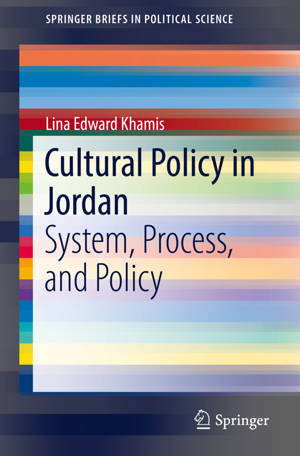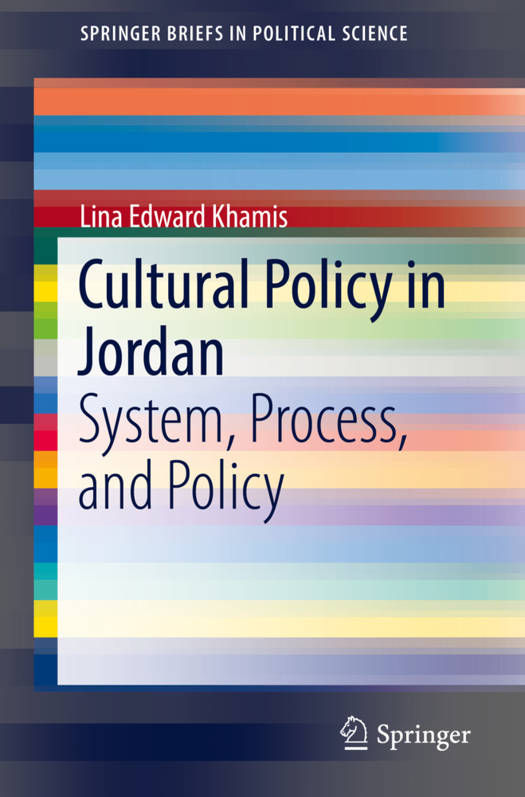
- Retrait gratuit dans votre magasin Club
- 7.000.000 titres dans notre catalogue
- Payer en toute sécurité
- Toujours un magasin près de chez vous
- Retrait gratuit dans votre magasin Club
- 7.000.0000 titres dans notre catalogue
- Payer en toute sécurité
- Toujours un magasin près de chez vous
Description
This Brief examines the objectives of cultural policy in Jordan, the institutional framework within which it operates, and its outcomes. It considers the principles and methods of cultural policy, evaluates cultural attitudes and values, and places Jordan's institutional, administrative, and legislative structures within their social, economic, and historical perspectives. The book uses theories of culture, political culture, modernization, and development theory in discussing problems of cultural policy and their assumed outcomes, particularly those of an institutional, administrative and financial nature. The Brief examines the evolution of cultural development in Jordan from the beginning of modern Jordan in 1921 to the political and economic reforms passed in 1992, and analyzes government policy towards cultural institutions, particularly in the education and information sectors. Discussing cultural policymaking from a political perspective, this Brief is appropriate for researchers and students of political science, public policy, comparative politics, Middle East politics, cultural studies, and development as well as policy makers and development agencies.
Spécifications
Parties prenantes
- Auteur(s) :
- Editeur:
Contenu
- Nombre de pages :
- 129
- Langue:
- Anglais
- Collection :
Caractéristiques
- EAN:
- 9783319775791
- Date de parution :
- 04-05-18
- Format:
- Livre broché
- Format numérique:
- Trade paperback (VS)
- Dimensions :
- 156 mm x 234 mm
- Poids :
- 213 g

Les avis
Nous publions uniquement les avis qui respectent les conditions requises. Consultez nos conditions pour les avis.






